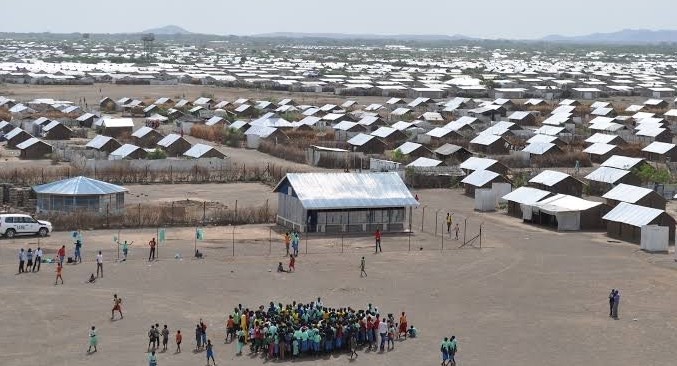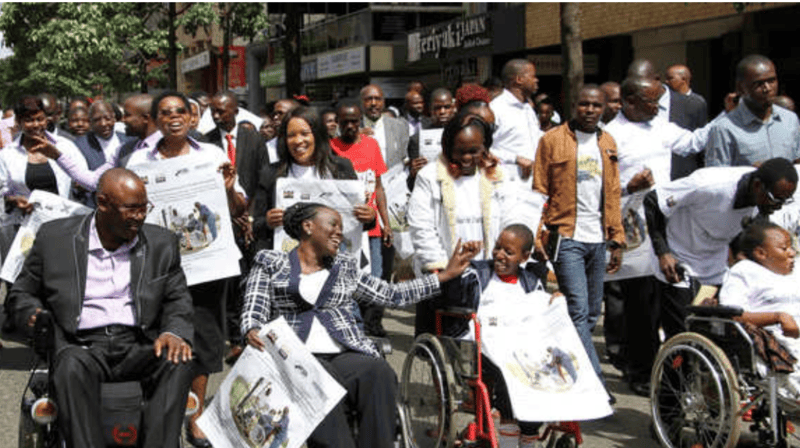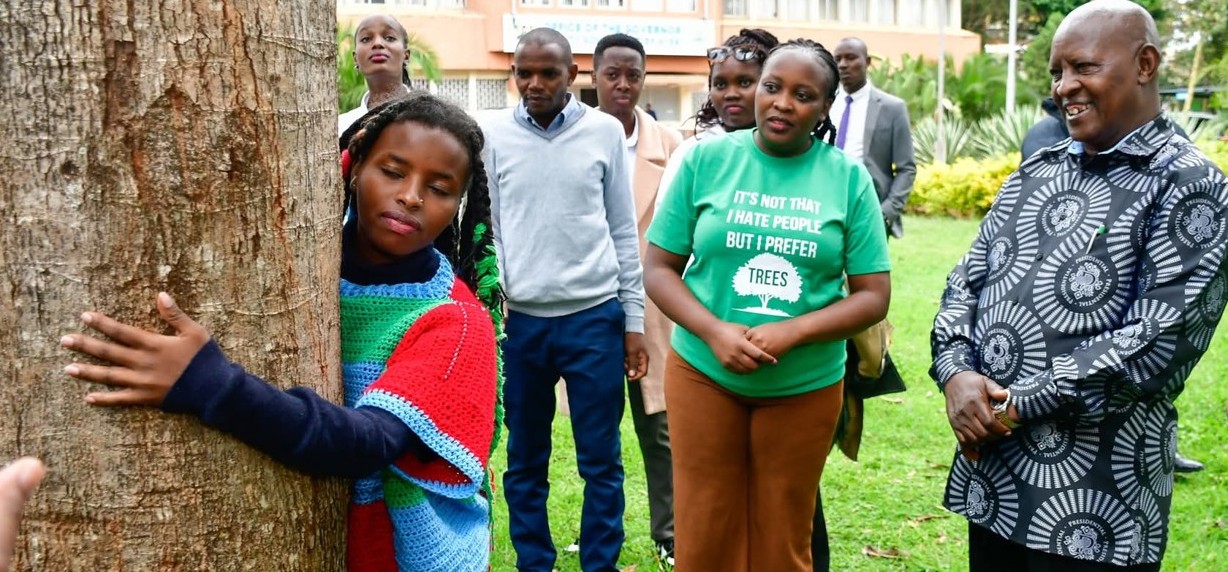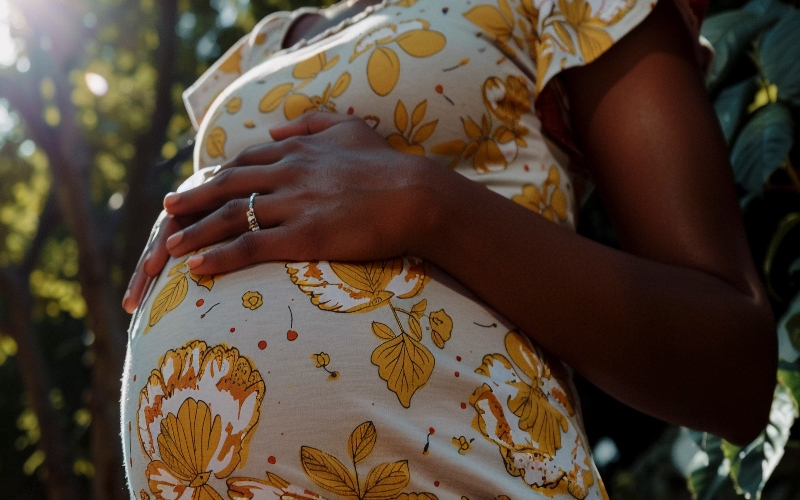Kenya’s blood transfusion services face collapse as World Bank’s Sh2.7 billion support ends
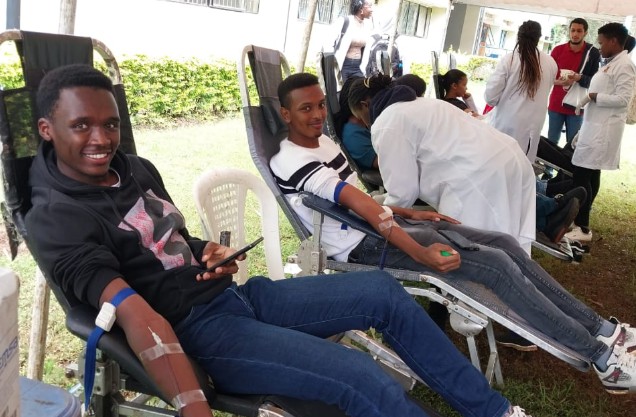
The World Bank's support covered crucial aspects such as blood collection, testing for infectious diseases, processing blood components and digitalising the system.
Blood transfusion services in Kenya are teetering on the brink of collapse after the World Bank ceased its Sh2.7 billion financial support.
The abrupt funding cut has left the sector in crisis, with officials warning of devastating consequences if a new source of funding is not secured soon.
More To Read
- Two men charged with stealing Sh1.1 million in blood collection kits from Kenyatta National Hospital
- Sh438 million water agency loan default piles pressure on taxpayers eight years on, Auditor General warns
- World Bank withholds Sh96.93 billion loan to Kenya over delayed reforms
- World Bank unveils Sh16.5 billion initiative to empower Kenya’s vulnerable groups
- Nairobi residents urged to donate more blood amid 30 per cent shortfall
- PEG-MGF Peptide: Exploring its potential in research and beyond
The Ministry of Health announced the funding gap, warning that unless the government intervenes, blood transfusion activities across the country will grind to a halt.
"The blood programme, currently supported by a World Bank project that is set to conclude in March 2025, now confronts a funding void with no alternative support in place," the ministry said in a report titled the "Impact of the United States Government Stop Work Order”.
The report outlines the devastating effects of the funding freeze on the country's healthcare system.
“Mobilisation of more than Sh2.7 billion is needed to avert a collapse of this critical service,” the ministry noted.
The World Bank's support covered crucial aspects such as blood collection, testing for infectious diseases, processing blood components and digitalising the system.
The funding cut comes after a broader review of US foreign assistance programmes.
US foreign aid cut
On January 20, US President Donald Trump ordered a 90-day review of foreign aid, leading to the termination of over 90 per cent of foreign aid contracts, amounting to $60 billion in global assistance.
In 2020, the US ended its Sh2 billion annual support for Kenya’s blood services, prompting the government to seek alternative funding from the World Bank. While the US continued to fund Damu KE, the digital blood donation management system, it withdrew this support last month, worsening the crisis.
“The abrupt withdrawal of funding for the system’s maintenance and management now poses significant risks, particularly for services that heavily rely on data and reporting for critical and continuous informed decision-making,” the ministry warned.
Further complicating matters, the recently passed Supplementary Appropriation Act 2025 did not allocate any direct funding to the Kenya Tissue and Transplant Authority, the body responsible for overseeing blood transfusion services.
Kenya has long struggled with a chronic blood shortage, with stocks often running dangerously low. The situation forces critically ill patients to rely on relatives and well-wishers for life-saving blood donations.
Before the Covid-19 pandemic, Kenya collected an average of 450 blood units daily. However, the numbers have since dropped to between 120 and 140 units per day. This is even as Kenya requires 500,000 to one million units annually but manages to collect only 150,000 to 200,000 units.
Health stakeholders have now urged the government to prioritise blood transfusion services, warning that the country risks a full-blown health crisis if urgent measures are not taken to secure alternative funding.
Top Stories Today






